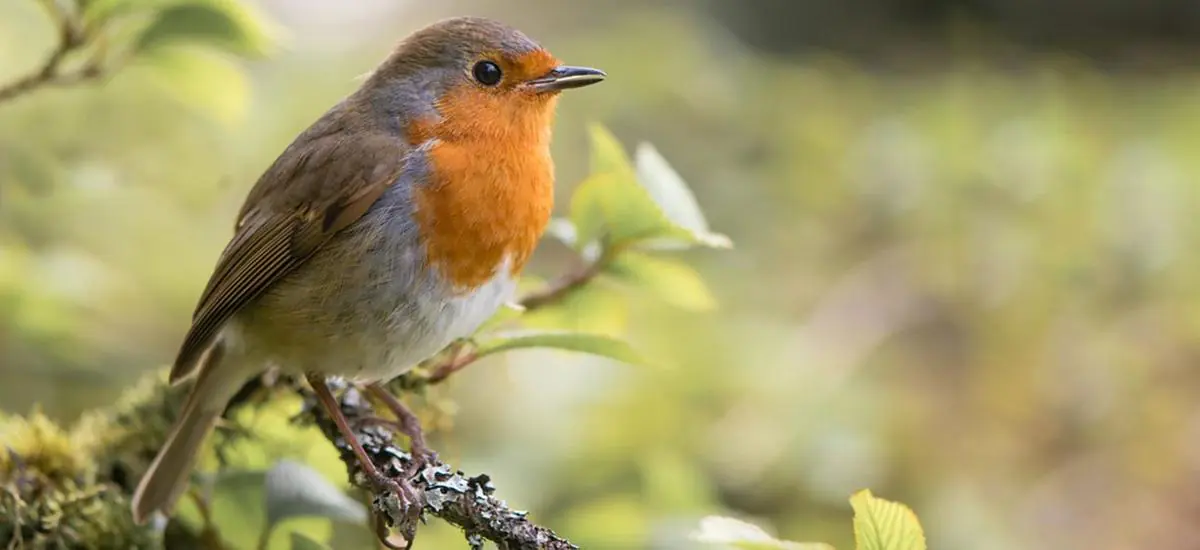Can You Spot These Ground Feeding Birds This Winter?
As we dive into a new year and the nights and mornings are very slowly getting lighter, we simply love being able to hear the birds when our morning alarm goes off!
January, February, and March in the UK are usually the coldest months, we have already had a few sprinklings of snow on the farm. We love the colder weather, we get to wrap up warm and tuck into hearty and wholesome foods.
We also notice we have a few more visitors to the farm, birds have a great memory when it comes to looking for food and they know we hold the good stuff!
Winter Feeding
It is so important to look after our feathery friends at this time of year. The cold weather leaves the smaller birds a lot more vulnerable. As soon as their calorie intake drops, their energy drops and they struggle to keep themselves warm. Like humans, birds need fat on their bodies to stay warm.
Birds are pretty hardy and will seek out food to survive, but when the ground freezes over for a few days food can become really scarce!
Interestingly it is often thought birds will simply freeze as soon as the temperature drops below zero, but actually, birds are well equipped to survive the coldest temperatures the UK can throw at them. They store fat during the winter to keep them warm during the long winter nights.
Starvation seems to be the biggest reason winter birds will perish throughout the winter months.
This is the ideal time for you to step in and help them out.
Grubs Up
Most wintering birds are ground feeders, they will search the open space in your garden for any morsel of food.
When the ground is covered with a hard frost or even a sprinkling of snow, this makes foraging much harder.
Have you ever tried to get something out of a freezer which needs defrosting? It is kind of the same experience, you know the food is in there, you just cannot get it out. No fish fingers for dinner!
Simply throwing a few handfuls of food each morning and early evening will go a long way to ensuring our winter birds are fed and happy.
We have a super tasty range of ground seeds which are the perfect mix of fat and calories, both of which will keep energy levels topped up and the coldness away. Highly nutritious food that packs a punch of calories is perfect for the garden; from sunflower hearts, suet blocks (crumbled) to peanut granules we have it all covered.
Seeds and nuts are an inexpensive but effective way of keeping our bird's energy topped up.
Ground Feeding Birds
Naturally, when we think about winter in the UK the beautiful Robin Red Breast comes to mind. BUT there are plenty of other birds you'll see this winter that will be grateful for a scattering of ground seed. These are our Top 5 we see often on the farm, see if you can keep an eye out for them too!
1. Blackbirds
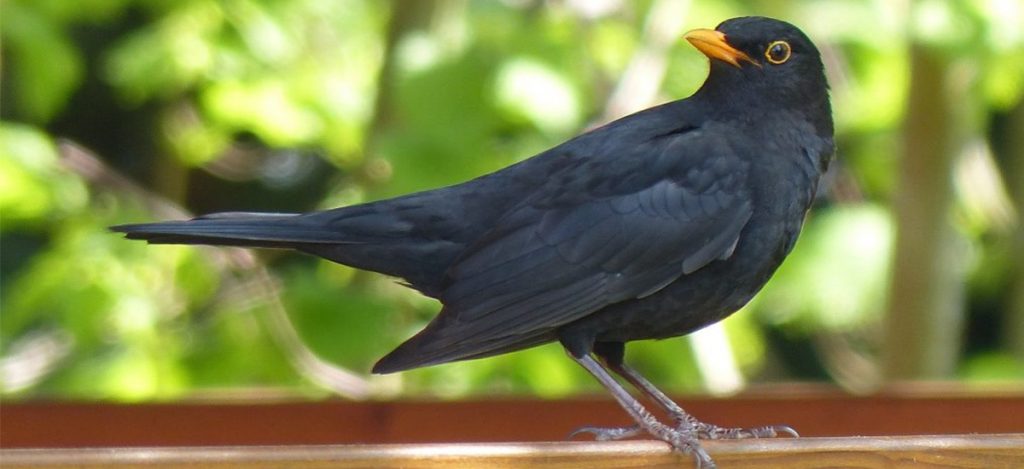
We still love seeing the blackbird and it is still the most common bird in the UK, with a population of around 6 million. Did you know the majority of English blackbirds seldom move any distance from where they were hatched?
2. Starlings
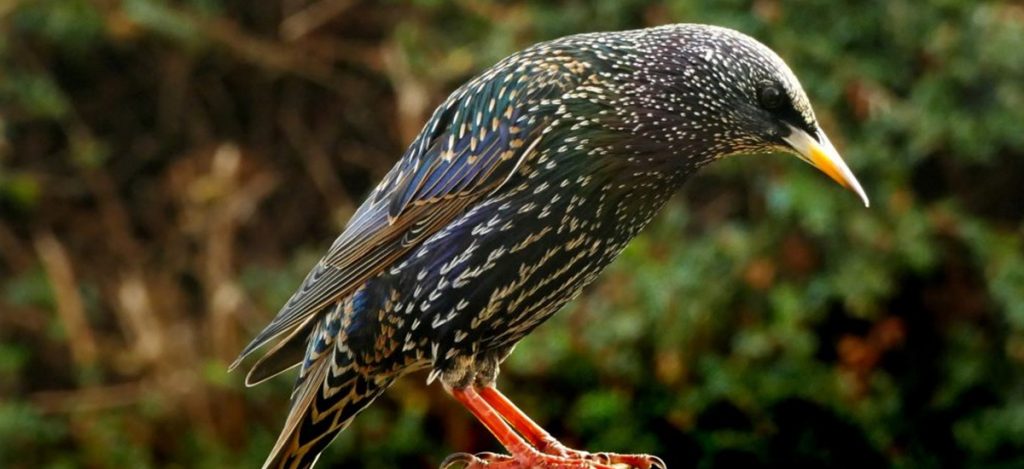
One of the most recognised birds in the UK. Although populations have reduced dramatically over the last few years and there are estimated to be around 800,000 breeding pairs left in the UK. Did you know Starlings are impressive mimics, able to imitate the calls or songs of other birds, and even mechanical sounds?
3. Collared Doves
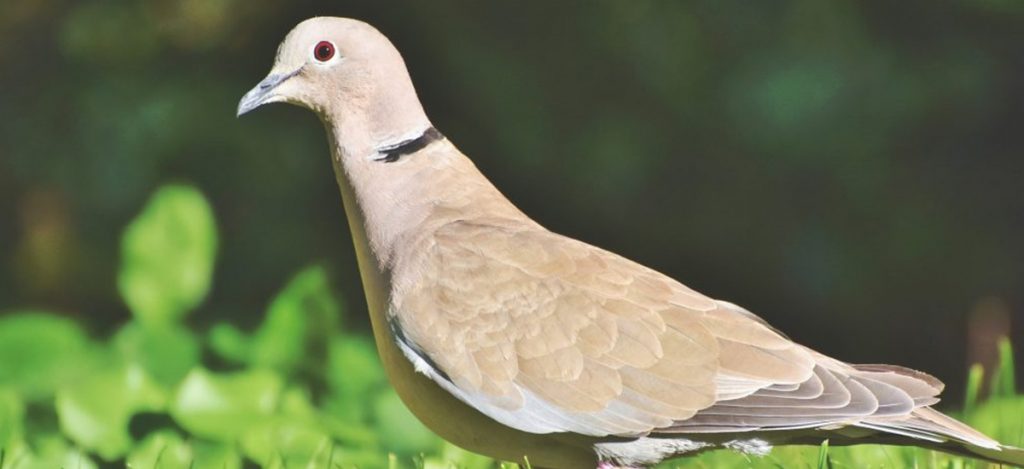
Doves are often overlooked in the garden and many people do confuse them with pigeons. Although they are much smaller and even dainty, Doves are very shy by nature. Did you know Doves have a preference for living in close proximity to man, preferring farmyards and gardens to the open countryside?
4. Wrens
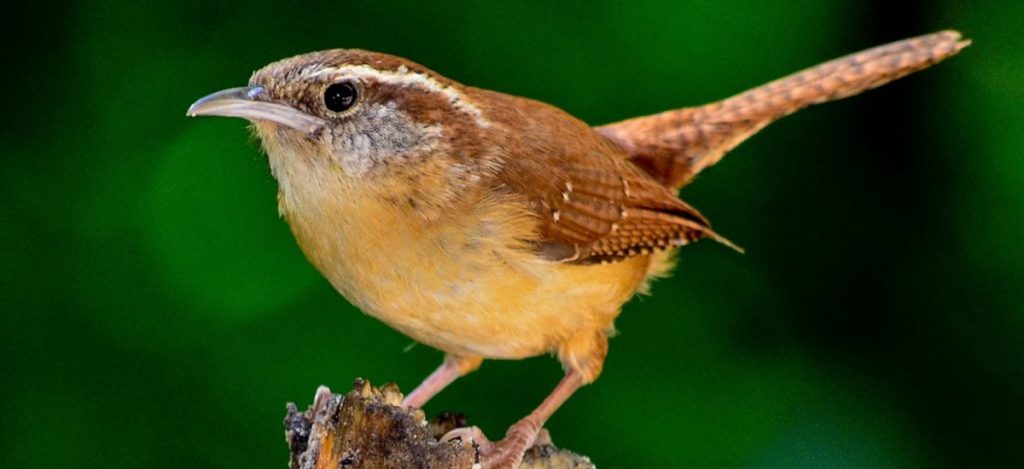
Although not the smallest, they do hold acclaim of being the shortest bird! These little birds do seem to suffer more in the depths of winter. Prolonged snow cover or hard frosts can deplete populations by as much as 25%. That is why you will draw many wrens to your garden if you throw out some nutritious nuts and seeds on the ground.
5. Chaffinches
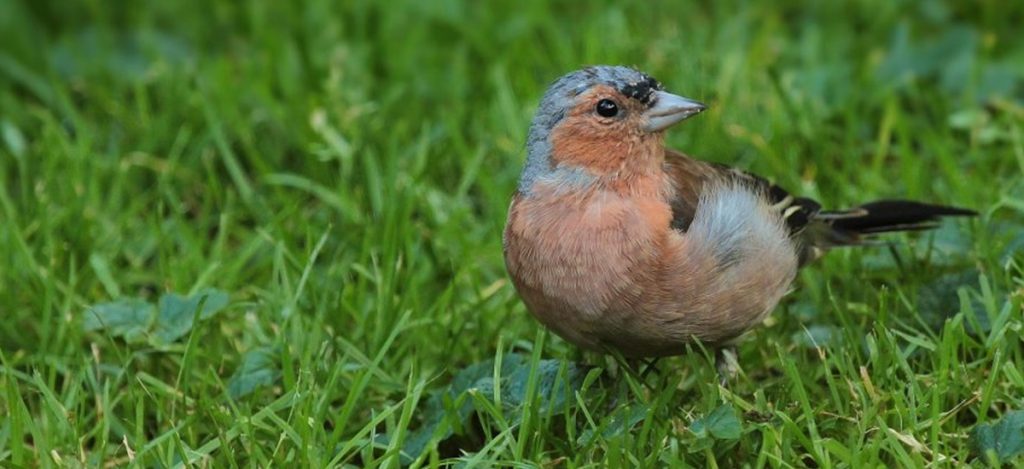
Last but by no means least. The Chaffinch population in the winter grows as they migrate from much cooler climates. Did you know the Chaffinch is Britain's most adaptable bird? It can be found from the parks of central London to the bracken of northern Scotland?
It does not take a lot to keep our wintering birds topped up with nutritious food. We promise you will be rewarded with getting to spot at least one, if not all FIVE of these beautiful birds in your garden.

